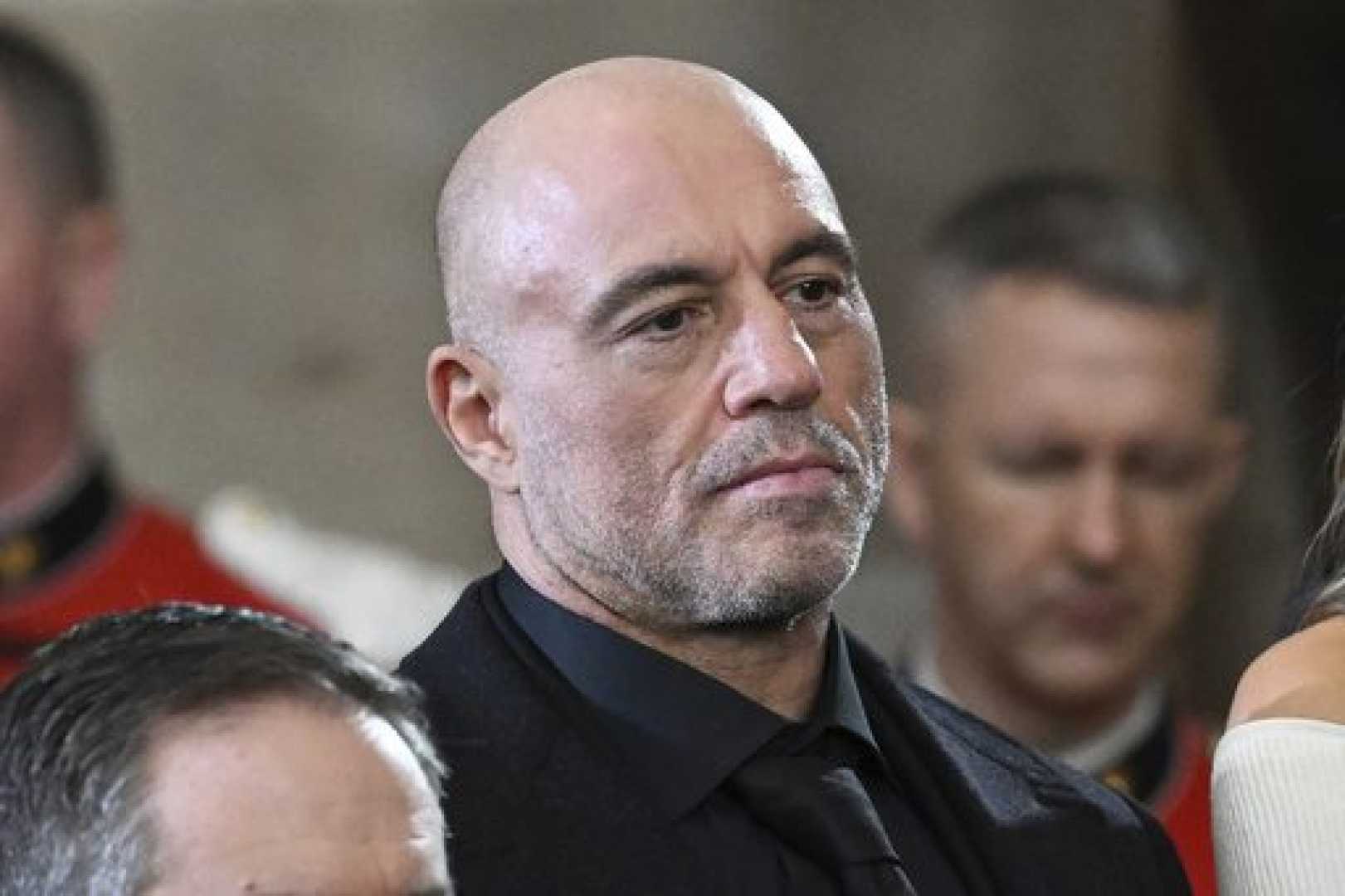Politics
Rising Dissent Over President’s Tariffs Among Influential Podcasters

WASHINGTON (AP) — As President Donald Trump‘s tariffs threaten to destabilize global markets, several influential figures from the podcasting and media world, many of whom backed his campaign, have begun expressing their concerns. Notably, voices from Barstool Sports, hedge fund executives, and others within the media landscape are joining the chorus questioning the implications of tariffs set to take effect on Wednesday.
This growing dissent highlights a fracture among Trump’s base, as these high-profile personalities fear the potential economic downturn that could arise from the new trade barriers. Some commentators argue that while the tariffs are aimed at bolstering U.S. manufacturing and protecting jobs, they may have the opposite effect, damaging relationships with international trading partners.
One prominent voice, Barstool Sports founder Dave Portnoy, shared his reservations on his podcast. He noted that “while I understand the intent behind the tariffs, it’s crucial to consider the broader impacts on the economy.” Portnoy further elaborated, stating that many businesses could face increased operational costs, which may ultimately be passed on to consumers.
Similarly, hedge fund manager Dan Loeb questioned the timing and necessity of the tariffs during a period marked by post-pandemic recovery efforts. During a recent financial conference, he remarked, “We need to foster our trading relationships, not put them at risk. Tariffs could lead to retaliation, which ultimately harms American workers.”
In the meantime, the administration is resolute about the tariffs’ impending implementation. White House Press Secretary Karine Jean-Pierre defended the decision during a press briefing, stating, “These tariffs are necessary to level the playing field and protect American jobs.” However, she acknowledged that the administration is hearing the concerns from various sectors.
The tariffs, which target a range of imports from steel to consumer electronics, aim to curb what the administration perceives as unfair trade practices. Economists, however, warn that such a move could lead to price increases domestically, thus raising additional questions about its long-term viability.
As the deadline approaches, more voices are expected to emerge, contributing to what seems to be a developing narrative on economic policy within the current administration’s sphere of influence. Observers suggest this could signal a significant shift in how trade policy is perceived among influential public figures.












